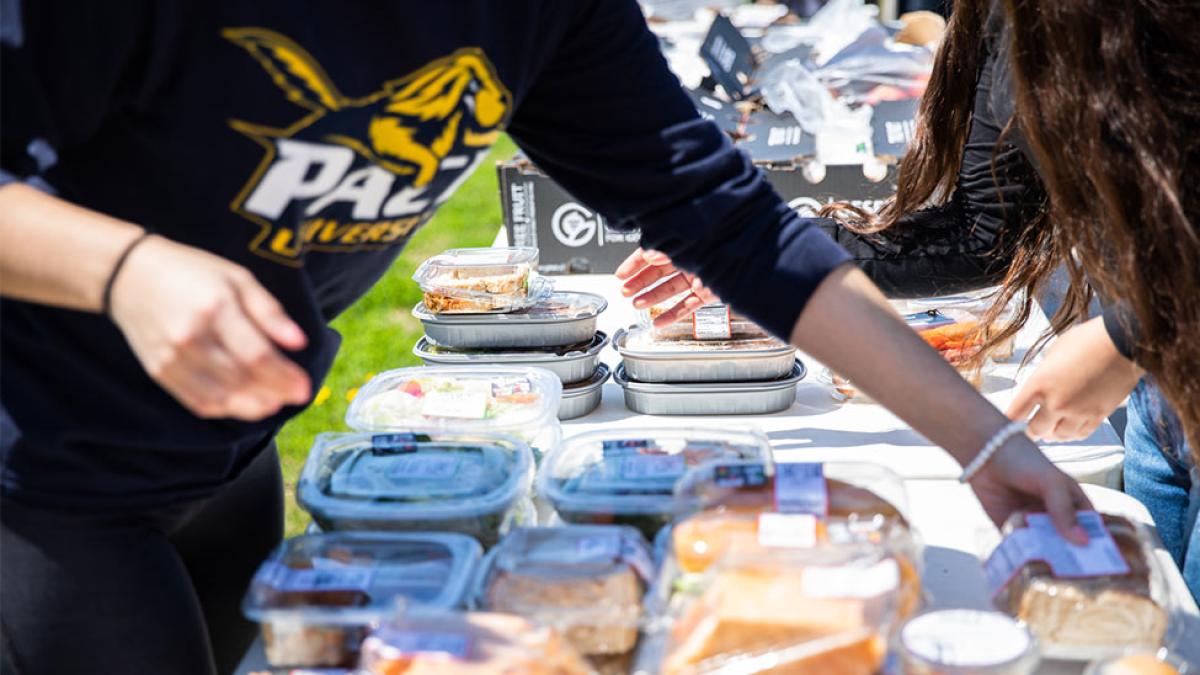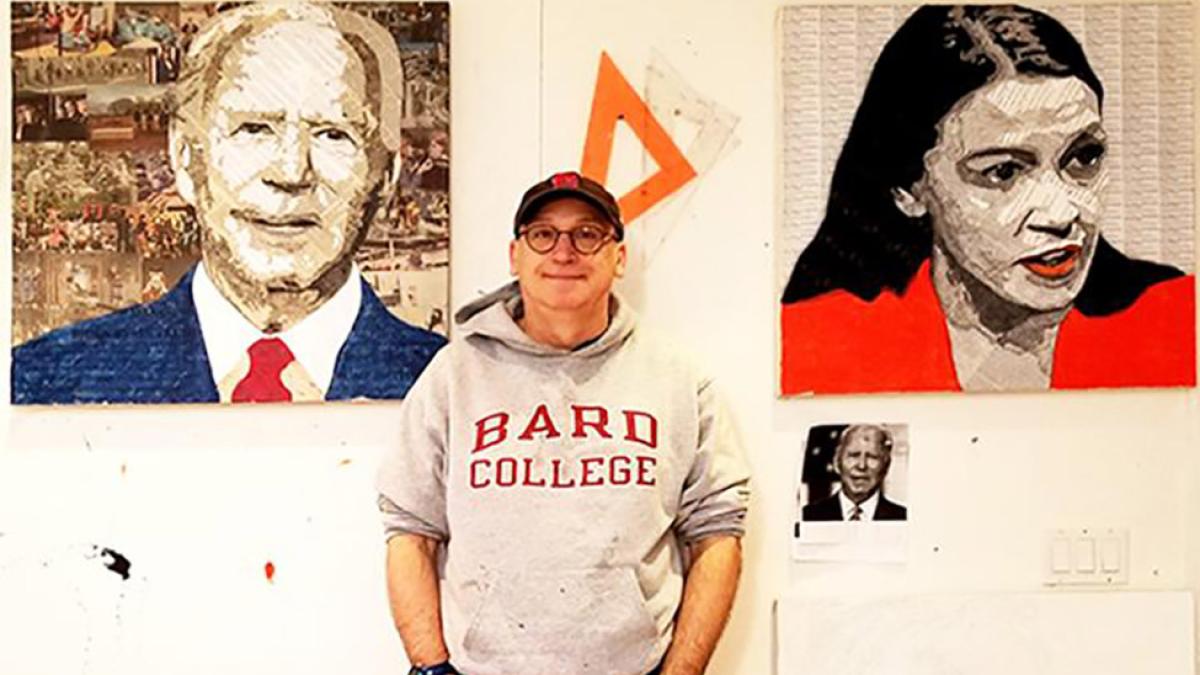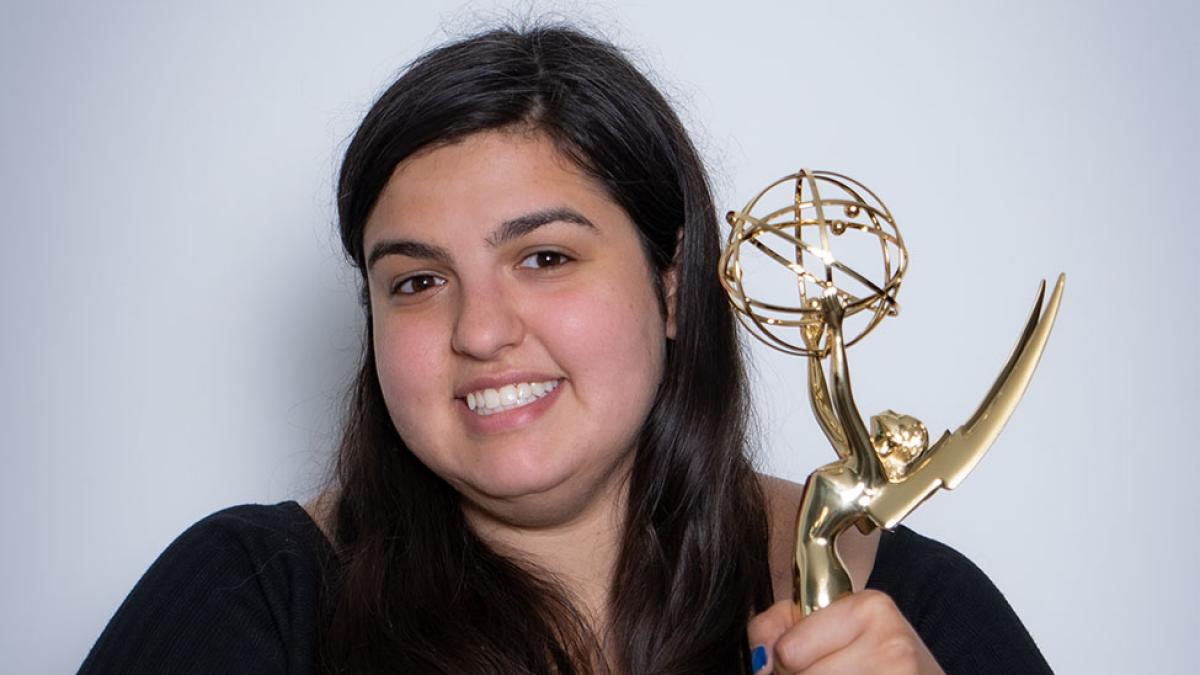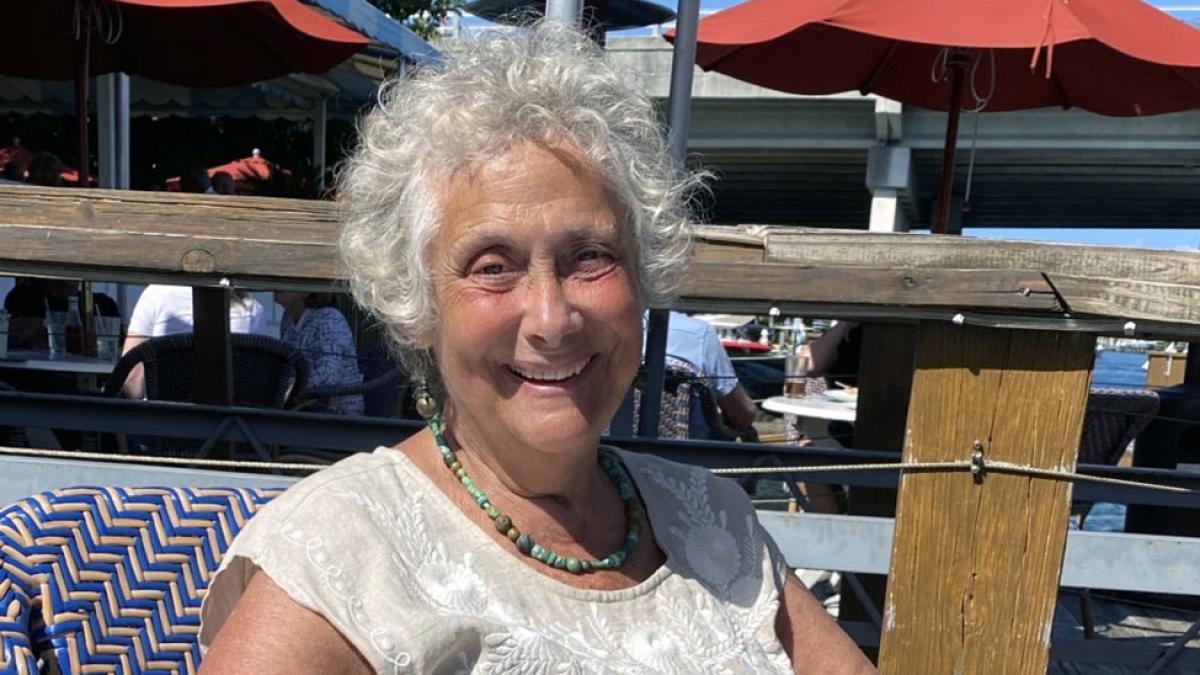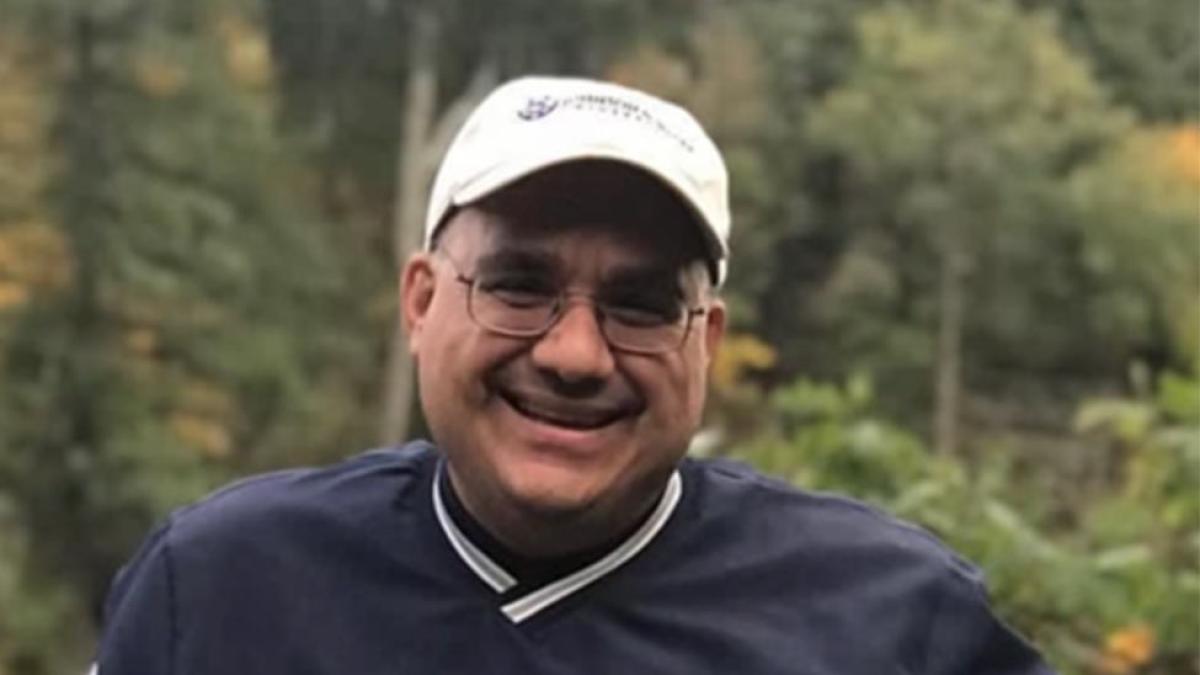Through the U.N. Millennium Fellowship, three Pace students are innovating the way food insecurity is addressed on campus with the Fare Trade program.
2023’s Best States to Retire
Pace University's Professor Sheying Chen was featured in WalletHub's recent article about Best States to Retire.
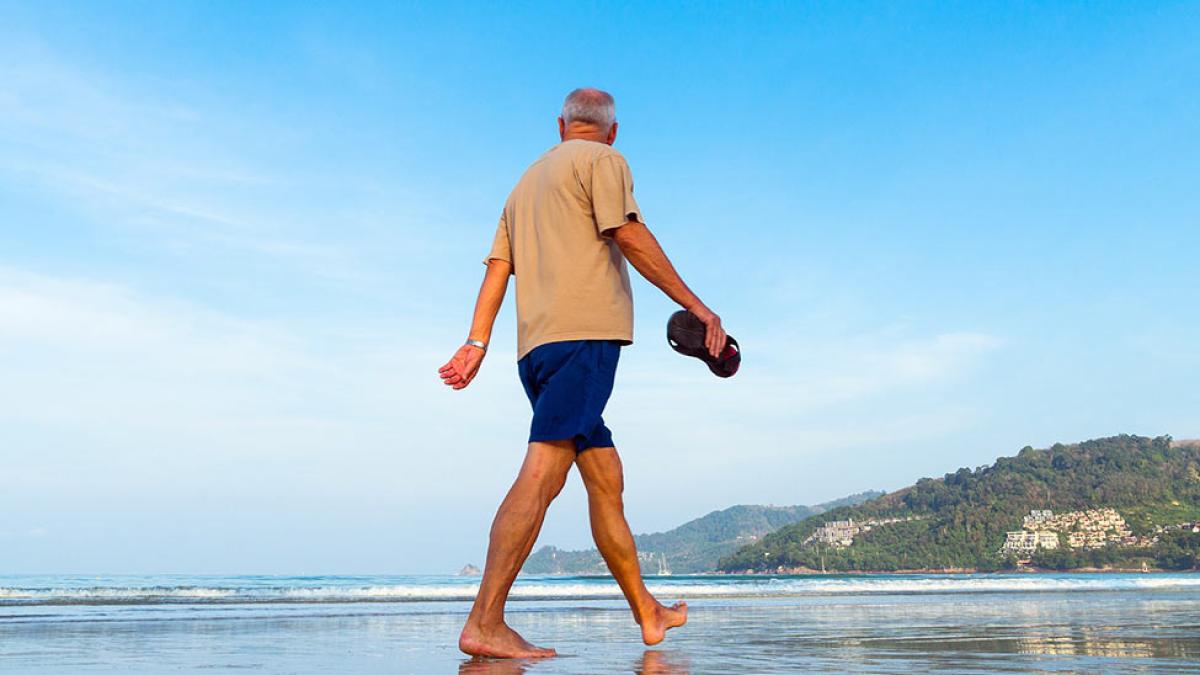
House C’tee’s ‘Don’t Buy From Huawei’ Report May Fall on Deaf Ears
“This reminds me very much of the 3-letter agencies in this country having said they won’t use Lenovo laptops anymore,” Darren Hayes, the CIS Program Chair at Pace University, told the E-Commerce Times. “With mobile devices there’s always going to be areas of memory that a forensic examiner can’t access, whether it’s a ROM chip or any other kind of memory, and one of the issues for intelligence here is, we don’t have access to all the memory on these devices and don’t know what they can do.”
Environmental Rights Invoked in New York Courts
Last November New Yorkers voted to inscribe environmental rights into the constitution. Now, as the first cases emerge, government is struggling to comply with these rights. Pace University’s Elisabeth Haub School of Law Professor Nicholas Robinson explains the changes necessary in government operations for the state to uphold this new law and how NY courts hold the ultimate decision in the first four pending cases.
Iowa Is The 27Th Best State For Starting A Business, Report Says
Pace University Clinical Professor of Management Bruce Bachenheimer said in the report that tax breaks and other incentives to encourage new businesses often don’t produce net economic gains for states. “Businesses may take advantage of these new incentives while they last, but then look to move on to the next economic opportunity just as quickly,” he said. “States should conduct the same careful due diligence and long-term analysis that corporations do when crafting such incentives,” he said.

John Nolon: A Career in Land Use Law and Conservationism
John Nolon, distinguished professor of law emeritus at the Elisabeth Haub School of Law at Pace University, is widely seen as one of the most prominent thought leaders in land use law. The roots of this focus, which fueled a career that spanned decades, can be traced to his childhood on a ranch in Nebraska. “There didn’t seem to be too much confusion about the fact that we’d take care of the land and use it and make a profit from it, but that we would always treat it with respect,” Nolon recalled.
Laid Off? Here’s How Higher Ed Is Even More Accessible For Adult Learners Than Ever Before
Layoffs are once again making headlines.
After a period when it seemed like employers couldn’t hire fast enough — which unfortunately led some young people to forego college in favor of readily available work — things are slowing down. And, perhaps most frighteningly, layoffs are hitting even blue-chip, successful companies. Google’s parent, Alphabet, is laying off 12,00 employees. Microsoft will lay off 10,000. Amazon laid off 10,000 — and then started laying off 8,000 more. Goldman Sachs laid off 3,000; ad agencies, media companies, and even videogame makers are announcing rounds of layoffs. Who knows when the layoffs will end at Twitter.
2023 Wellbeing Fair
On Wednesday, February 8, all three Pace University campuses will host the inaugural Wellbeing Fair, featuring 70+ tables hosted by members of the Pace Community and our neighbors, in celebration of Pace adopting the Okanagan Charter. Plus, giveaways!


Are you getting enough rest? Are you eating all right? What about exercise—are you doing that? Sorry to nag, but we want you well. We want you feeling great—bodily, emotionally, and spiritually.
On Wednesday, February 8, all three Pace University campuses will host the inaugural Wellbeing Fair, featuring 70+ info tables hosted by members of the Pace Community and our neighbors, in celebration of Pace adopting the Okanagan Charter, an international framework for promoting wellness on campuses globally.
“We are so thrilled that Pace will be signing the Okanagan Charter to join a higher education consortium committed to being health-promoting institutions,” says Todd Smith-Bergollo, senior associate dean for students and Wellbeing Fair co-chair. “This brings together our university’s sustainability, DEI, and wellness goals and allows us to build more momentum toward reaching these goals.”
The Wellbeing Fair will be inclusive of the entire campus community and provide all people with an array of well-being information and activities. This is part of Pace University’s wellness strategic plan which integrates an approach to physical, mental, and financial well-being for a diverse community of students, faculty, and staff.
Wednesday, February 8
12:00 p.m.–2:00 p.m.
With light refreshments and giveaways
Locations:
- Haub Law Campus | Tudor Room | Preston Hall
- New York City Campus | Student Center West | One Pace Plaza
- Westchester Campus | Gottesman Room | Kessel Student Center
Here are just a few of the tabling attendees for each campus:
Haub Law
- Chartwells
- Counseling Center
- Geoffrey Stein, artist-in-residence
- New York City Lawyer Assistance Program
- Pace Women’s Justice Center
- SBA Wellness Committee
New York City
- Center for Student Engagement
- Fare Trade
- Financial Literacy Counselors
- Office of Sexual and Interpersonal Wellness
- Pace Neuroscience Club
- Period Poverty
- RADical Health
- Stress Management
- University Health Care
Westchester
- Book Exchange
- Counseling Center
- Faculty-in-Residence
- Nature Center
- Nutrition experts
- Provost's Kindness Initiative
- Residential Life
- White Plains Hospital
- Yoga classes
For more information about these and other wellness initiatives at Pace, contact Assistant Provost for Special Projects and Retention Sue Maxam, EdD.
More from Pace
Across the country, nearly 40 percent of college students report going hungry, and 52 percent have utilized food pantry services at some point. At Pace, we’re working hard to help offset food insecurity on our campuses and we need your help to do it!
The Elisabeth Haub School of Law at Pace University will welcome renowned portrait and collage artist Geoffrey Stein as Artist-in-residence this Spring. The residency is the law school’s first official year-long program of its kind, providing enrichment and educational opportunities for both law and art students at Pace University.
Faculty Focus: Professor Michael B. Mushlin
Professor Michael B. Mushlin has been a professor at the Elisabeth Haub School of Law at Pace University (then known as “Pace Law School”) since 1984. He teaches Civil Procedure, Criminal Procedure Adjudication, Evidence, Federal Courts, and Prisoners’ Rights. After growing up in the south, and witnessing firsthand racism in America, Professor Mushlin decided to go to law school. Today, Professor Mushlin is a preeminent authority on prisoners’ rights, the author of the treatise, Rights of Prisoners, and a beloved professor. Learn more about him in this candid Q&A.
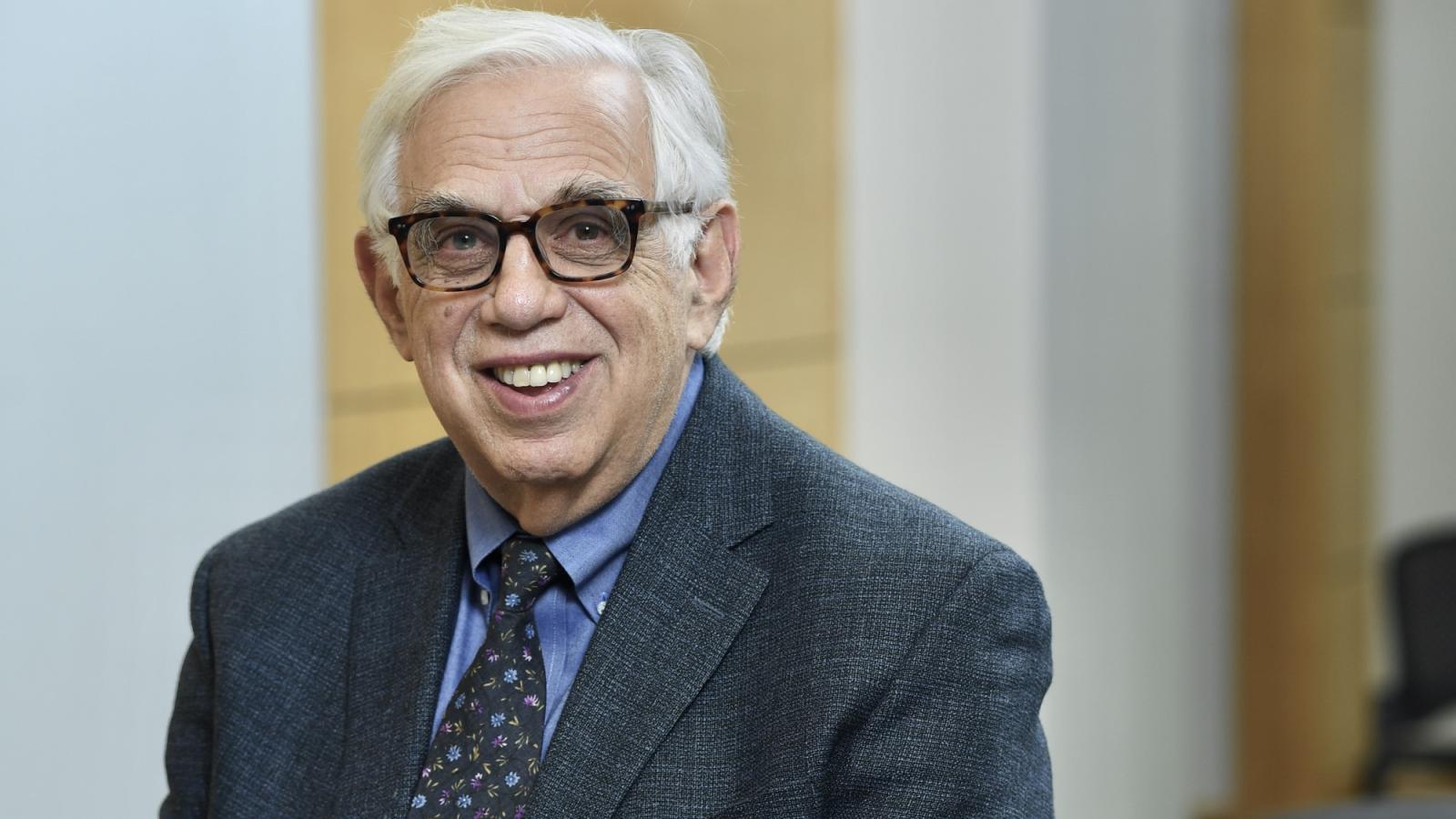
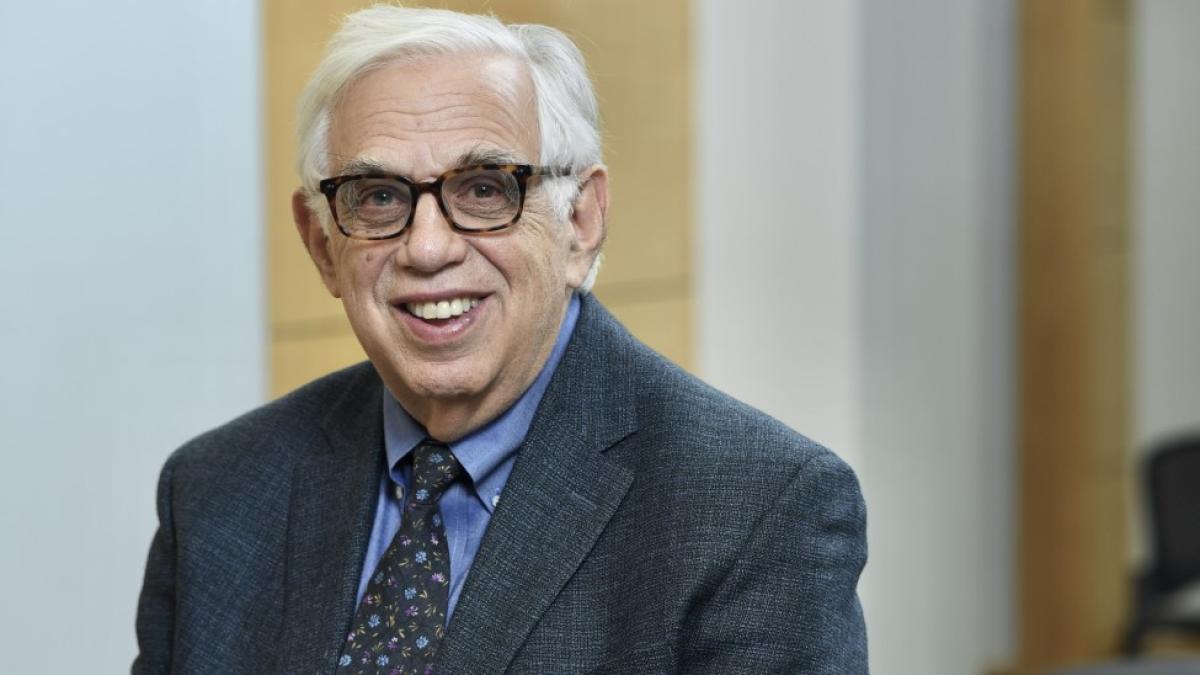
Professor Michael B. Mushlin has been a professor at the Elisabeth Haub School of Law at Pace University (then known as “Pace Law School”) since 1984. He teaches Civil Procedure, Criminal Procedure Adjudication, Evidence, Federal Courts, and Prisoners’ Rights. After growing up in the south, and witnessing firsthand racism in America, Professor Mushlin decided to go to law school. Today, Professor Mushlin is a preeminent authority on prisoners’ rights, the author of the treatise, Rights of Prisoners, and a beloved professor. Learn more about him in this candid Q&A.
You are always involved in interesting and timely matters - what has some of your more recent work involved?
I appeared as an expert witness in an extradition case in Scotland involving an American woman who is wanted for murder in the United States. I testified about the lack of oversight of the penal institutions to which the defendant would be sent in the United States were she to be extradited. I also testified about the risk of solitary confinement and the threat of COVID-19. I also serve of the New York State Advisory Committee on Criminal Law and Procedure where I chair the subcommittee on judicial visits to prisons. I recently wrote an op-ed for the NY Daily News on the maltreatment of prisoners, and a letter to the Editor of the NY Times on Rikers Island as well as op eds in the Westchester County Bar Association Magazine and the New York Law Journal. I plan to give a lecture soon to the Pace University community on originalism and prisoners’ rights and will be speaking at a national conference on prisoners’ rights at the University of Texas.
How did you become interested in Prisoners’ Rights?
After growing up in the deep south and seeing firsthand, from the perspective of a white person, racism in America, I went to law school to become a civil rights attorney. After I graduated law school, I began my legal career as a staff attorney at a neighborhood legal services office in Harlem. Afterwards, I went to work for the Legal Aid Society as staff attorney and then Project Director of the Prisoners’ Rights Project where I served for seven years. My passion and interest in the area grew from there. I used the lessons learned doing prisoners’ rights litigation in my work as Associate Director of the ACLU’s Children’s Rights Project.
What advice do you have for students interested in the law and in particular, Prisoners’ Rights?
The first step is to make sure that you understand what being a lawyer is like and that this is what you enjoy and want to be good at. As far as prisoners’ rights, I would highly recommend taking the prisoners’ rights course.
What do you think is today’s greatest issue facing prisoners’ rights?
Americans are fundamentally humane and decent. However, because of fear and the failure to confront the full implications of all aspects of our past we have a prison system that does not reflect these basic values. The biggest issue facing prisoners’ rights is finding a way to establish a connection between the prisons of this country and these American values. When that happens, our prisons will be transformed.
You have written about the damage that solitary confinement in prison causes, and last year, you gave testimony in support of a bill reforming solitary confinement in Connecticut - briefly, can you talk about that topic?
Plain and simple, solitary confinement is torture. It runs against human nature, is painful beyond measure to anyone who experiences it, and violates international law when it is used for 15 days or more. Reforming solitary confinement will not be easy, but it must be done.
How has COVID-19 affected prisoners’ rights?
Here is what I said about Covid-19 when I added a chapter to my book Rights of Prisoners (5th ed) after the pandemic hit:
“COVID-19 poses a greater threat to inmates than it does to people in the general civilian population. Prisons are closed, often crowded institutions. Social distancing in such places is difficult, if not impossible. Normal measures used to stem the spread of the virus, such as cleaning supplies and masks, are not readily available in prisons and jails. In fact, these items are often considered contraband, which inmates are punished for possessing. In addition, inmates are generally not a healthy group of people. Within prison walls, there are many people who have conditions, such as hypertension, heart disease, diabetes, kidney disease, asthma, and obesity, which makes them especially vulnerable to serious injury or death if they contract COVID-19. As is well-known, increasing age is also associated with mortality from COVID-19. In recent years, prisons have become places in which large numbers of older persons are held. For these reasons, it is clear that “[p]risons are powder kegs for infection and have allowed the COVID-19 virus to spread with uncommon and frightening speed (citing United States v. Salvagno)”
What is the most rewarding part of being a professor for you?
I love teaching. The classroom is a sacred space. It is where ideas are engaged, skills that last a lifetime are developed and people grow.
"I love teaching. The classroom is a sacred space. It is where ideas are engaged, skills that last a lifetime are developed and people grow."
What are some of your non-academic interests?
I love to spend time with my wife, my two sons, and my granddaughter. I also have fun with Skip, my 17 year old cockapoo dog who is an adored member of our family.
The Linguist-Activist: Nuri Weitzman '14
Modern Languages and Cultures alumna Nuri Weitzman '14 lives out her passion for social justice and raising diverse female voices with a strong linguistic foundation from Pace.
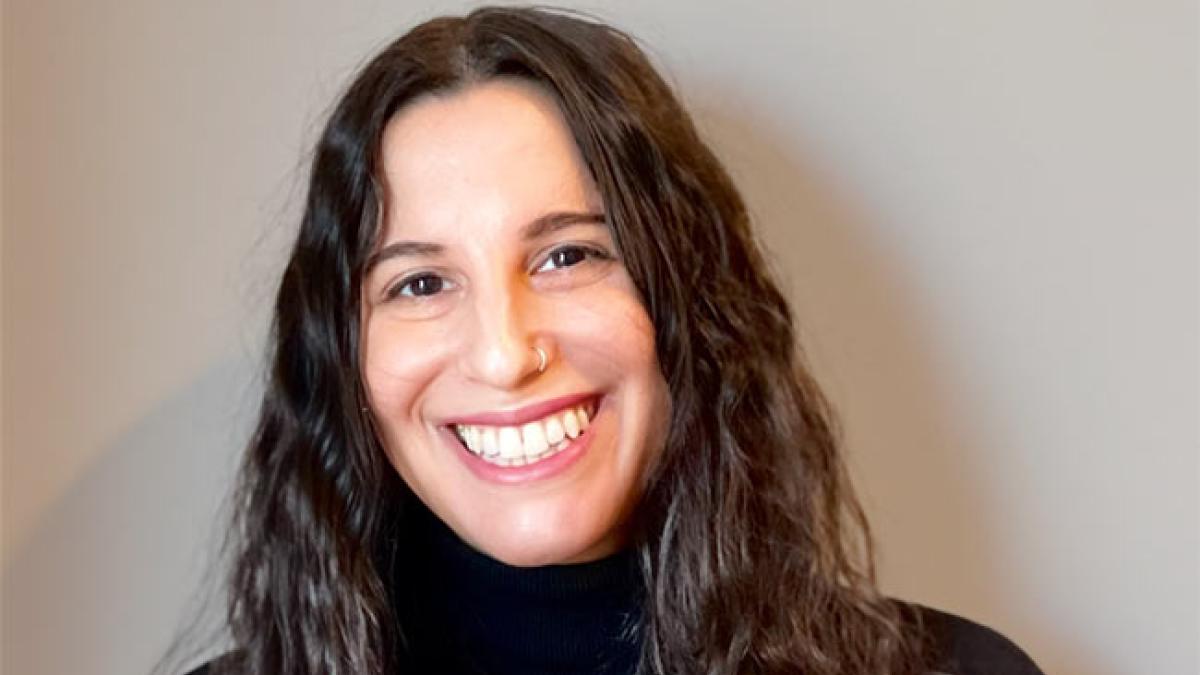
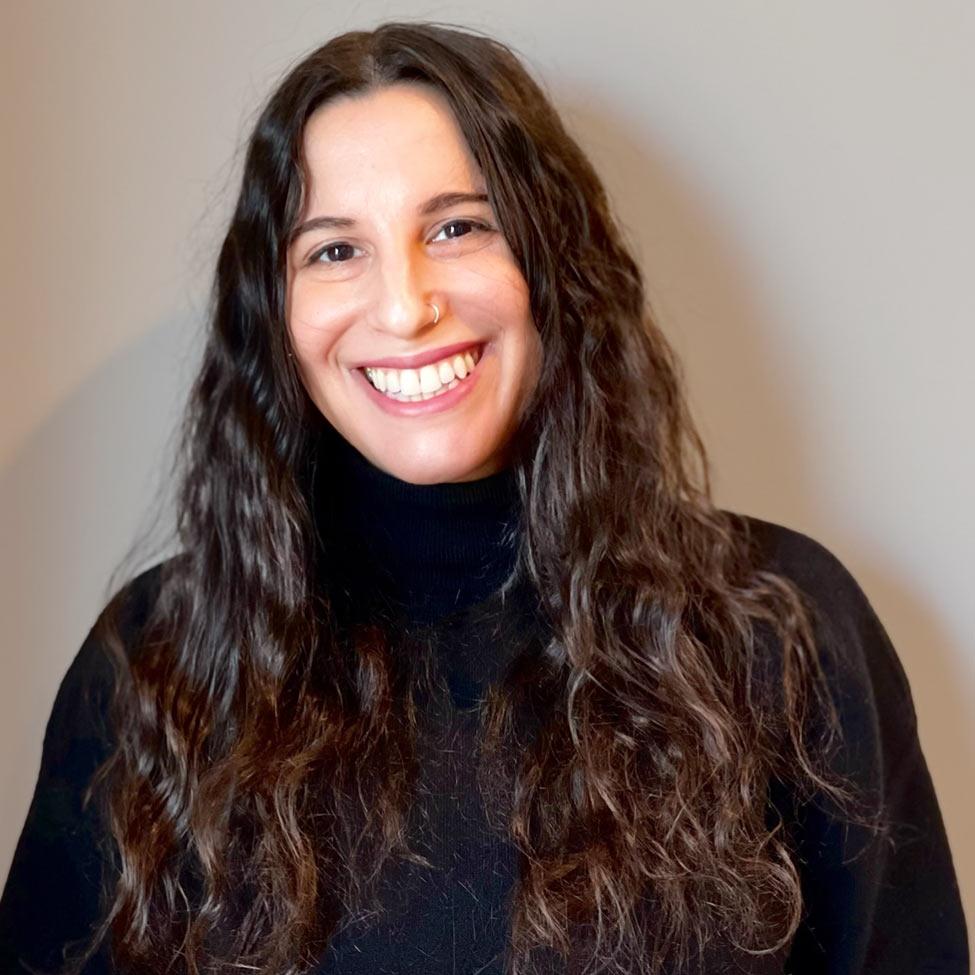
Modern Languages and Cultures alumna Nuri Weitzman '14 lives out her passion for social justice and raising diverse female voices with a strong linguistic foundation from Pace.
You are a global operations manager at Equality Now, an organization that works to protect and promote the human rights of women and girls around the world.
Tell us more about your role and how your work is meaningful to you.
Equality Now is a globally dispersed organization, meaning that staff live and work all over the world and in different time zones. My role is to make sure the internal operations of the organization run smoothly so there is consistency in the way we all work together. It can be difficult at times to identify and then communicate if we’re meeting our goals and ensure that all of the systems we use are in synch and that our processes and policies make sense for the work we do as a growing organization. My role is to make certain that all of this is streamlined and working well. I also take on special projects as a manager.
This work is meaningful for me because I am a feminist, believe in human rights, and have a lifelong passion for social justice work and making this world a more equitable place for women and girls. I’ve worked in international human rights nonprofit organizations for most of my career and have had wonderful opportunities to try out all facets of that work (fundraising, communications, program creation, and management), but what I realized I enjoyed most was making sure that all of our internal systems and processes worked well. We can’t do any of our amazing work without a good organizational structure, so I’m happy to be involved in this small part in the fight for women’s freedoms.
Are there women, past or present, who inspire you or have inspired you throughout your life?
My views have been shaped by many strong women in my life: my mother, grandmothers, friends, former camp counselors, and those I meet when I travel for work, but also through the culture I choose to consume. For example, by listening to music by artists such as Blondie, Joni Mitchell, Tracy Chapman, Bikini Kill, Nina Simone, and Carole King, and reading stories by Isabel Allende, Leonora Carrington, Simone de Beauvoir, and Elena Ferrante (hopefully a woman as this is a pen name). I could go on, but in generaI, I am shaped by culture, and because of this I try to surround myself with diverse female voices.
You graduated with a Bachelor of Arts in Modern Languages and Cultures from Pace and then went on to complete a Master of Science in Nonprofit Management from Columbia University. What attracted you to pursue your undergraduate course of study? How did you get started in your career?
I always loved traveling and learning about different cultures and global political movements, and considered going into international relations work, so I studied Spanish, French, and Arabic at Pace. After I graduated, I pursued my other passion of archaeology for a few years to see if that could be a potential career. I went on a few excavations and did a prestigious internship at the American Museum of Natural History, but came to realize it wasn’t where I saw myself. I instead wanted to go back to my other passion of social justice work on an international scale. I earned my master’s degree at Columbia University by taking classes part-time, online, and on weekends, which was exhausting, but I’m very proud of where I ended up. I speak Spanish with colleagues in Central and South America, and some French with those in Africa. I desperately would like to get back to speaking Arabic; if you don’t practice or use another language daily, you’ll lose it. That’s a goal of mine, to keep practicing!
Why did you choose to enroll at Pace University?
The main reason was that, growing up in Philadelphia, I had always wanted to live in New York City. The idea of a college campus never appealed to me, and I preferred to receive the experience of culture, community, and more, from a city. Pace provided me with a scholarship, and when I took a tour of the school, I enjoyed the energy, the smaller class sizes, and a strong sense of receiving a varied education no matter the major chosen.
How were Dyson faculty or other members of the Pace community instrumental in your personal and/or professional journey?
There were a few professors who I thoroughly enjoyed learning from, but my advisor and professor, Iride LaMartina-Lens, was a constant throughout my time at Pace, and was truly one of the most wonderful teachers. My Arabic professor, Marie Mirhom, was with me for all four years at Pace and extremely caring. I also had two wonderful friends who were studying the same subject, and we spent almost all our time together, making both my junior and senior years extremely supportive.
Learning different languages and cultures helped prepare me for work-related travel, as well as conversing with colleagues in a way that builds connection and understanding on a deeper level.
College is a significant time in a person’s life. As you look back at your time as a Dyson student, how did it influence you to become the person you are today?
I am thankful for the time I spent at Pace and Dyson. Learning different languages and cultures helped prepare me for work-related travel, as well as conversing with colleagues in a way that builds connection and understanding on a deeper level. I also appreciate that I was required to take classes that gave me a well-rounded education, such as public speaking and computer information systems, subjects I never thought I would need but have been helpful in my professional life. In addition, the internship requirements and encouragement to gain experience outside of the classroom and utilize the city as an asset certainly helped shape who I am.
What advice would you give to our students, as they navigate their college life?
The best piece of advice I ever received was to take time to figure out what you really want to do after your undergraduate studies before going to graduate school. Also, be nice, ask questions, and network with your professors and other students. You never know what will come out of relationships with them! It’s cliche but very true; you’ll get more connections and opportunities based on who you know.
More Alumni Stories
Emmy Award-winning producer and third-generation alumna Rachel Skopp-Cardillo’s success is deeply rooted at Pace.
Casting director and alumna Amy Hutchings’s degree in anthropology has informed her long-spanning career and belief in unity.
Bronx native and senior human resources executive Peter Fragale '88, Criminal Justice, has provided critical workforce support during the COVID-19 pandemic.
2023's Best & Worst States to Start a Business
Lubin’s Professor Bruce Bachenheimer was featured in WalletHub's recent article about Best States to Start a Business.


